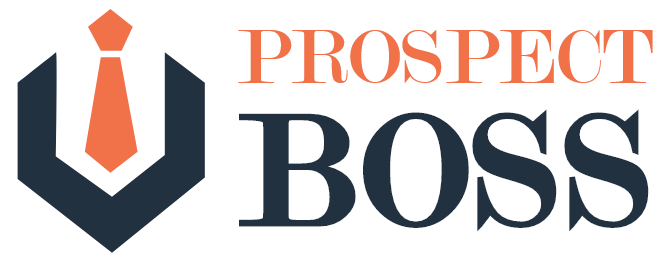1. Understand Data Protection Regulations:
- Familiarize yourself with data protection regulations relevant to your business and industry. This may include GDPR (General Data Protection Regulation), CCPA (California Consumer Privacy Act), or industry-specific regulations.
2. Data Classification:
- Classify data based on sensitivity and importance. Differentiate between personally identifiable information (PII), sensitive data, and non-sensitive information. Apply appropriate security measures based on the classification.
3. Access Controls:
- Implement strict access controls. Only grant access to employees who require the data for their job responsibilities. Regularly review and update access permissions.
4. Encryption:
- Encrypt data both in transit and at rest. This adds an extra layer of protection in case of unauthorized access or data breaches.
5. Regular Audits and Monitoring:
- Conduct regular audits of your CRM system to identify and rectify vulnerabilities. Implement monitoring systems to detect and respond to suspicious activities promptly.
6. User Training and Awareness:
- Educate employees on data security and compliance requirements. Make them aware of the potential risks associated with mishandling data and train them on best practices.
7. Data Backups:
- Regularly backup CRM data and ensure that backup systems are secure. This is crucial in case of data loss due to accidental deletion, system failures, or cyberattacks.
8. Vendor Management:
- If ProspectBoss CRM involves third-party vendors, ensure they comply with data protection regulations. Regularly review their security practices and have contracts that clearly outline data protection responsibilities.
9. Incident Response Plan:
- Develop and regularly update an incident response plan. This should include steps to be taken in the event of a data breach, including notification procedures to affected parties and relevant authorities.
10. Privacy by Design:
- Integrate privacy measures into the design and development of your CRM system. Consider data protection from the outset rather than as an afterthought.
11. Consent Management:
- If your CRM collects customer data, ensure that you have proper consent mechanisms in place. Clearly communicate how customer data will be used, and obtain explicit consent where necessary.
12. Regular Updates and Patching:
- Keep your CRM software up to date with the latest security patches. Regularly update and patch both the CRM system and any underlying infrastructure.
13. Documentation:
- Maintain detailed documentation of your data security and compliance measures. This documentation can be valuable in demonstrating your commitment to compliance during audits.
14. Legal Consultation:
- Seek legal advice to ensure that your data security and privacy practices align with current regulations. Legal professionals can provide guidance on compliance requirements specific to your industry and location.
Implementing these measures will contribute to a robust data security and compliance framework for your business using ProspectBoss CRM. Always stay informed about changes in regulations and adapt your practices accordingly.
